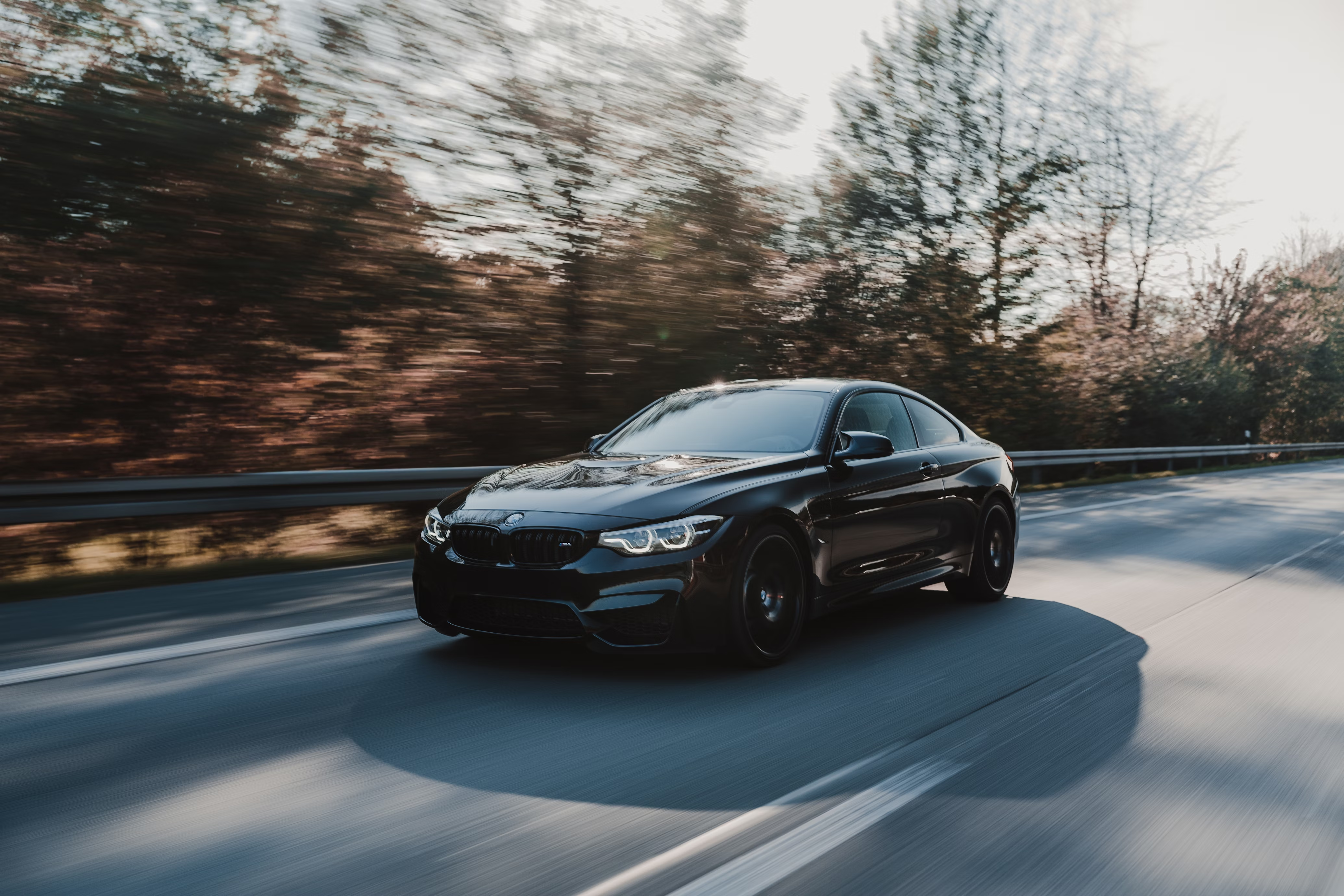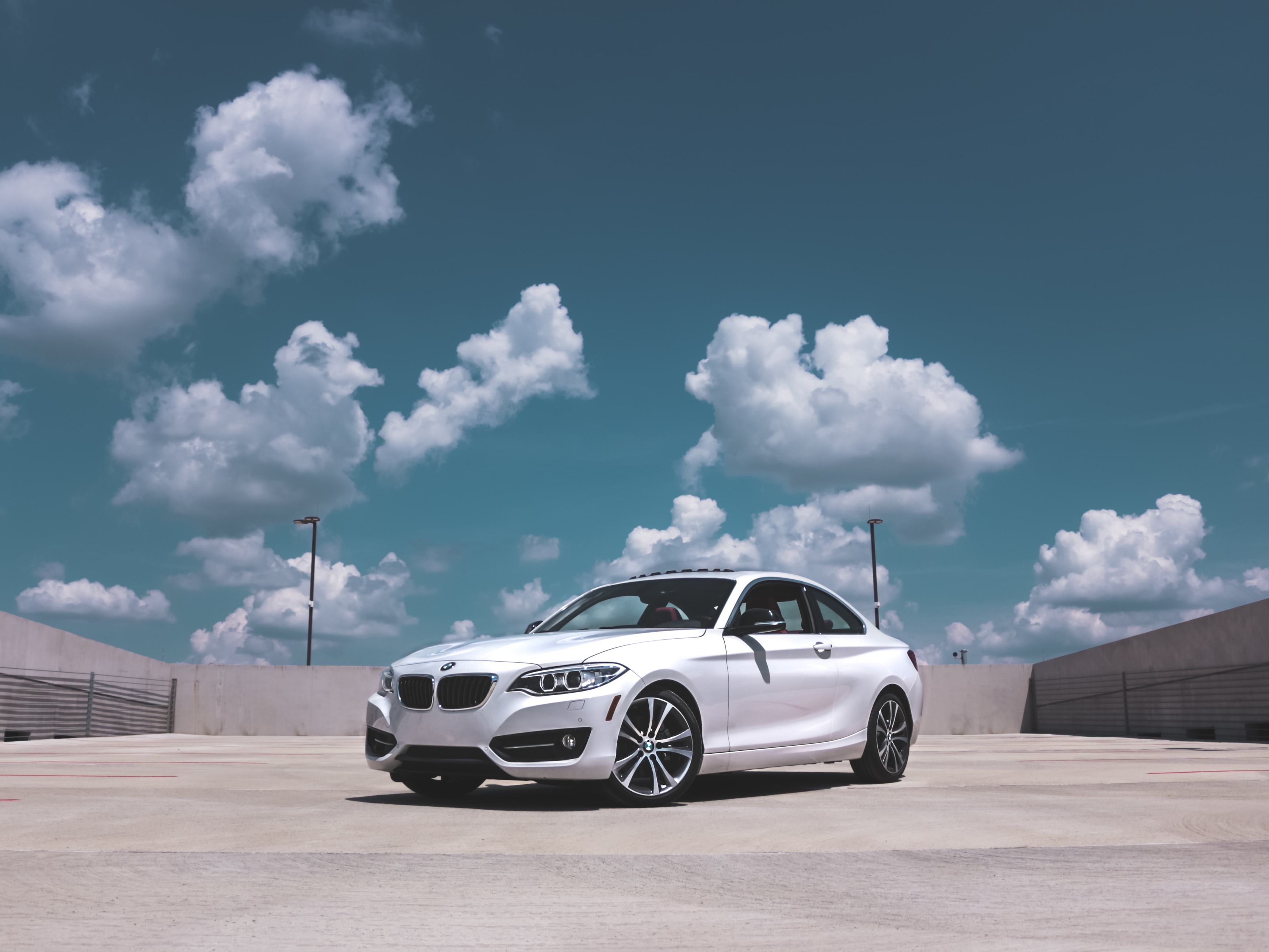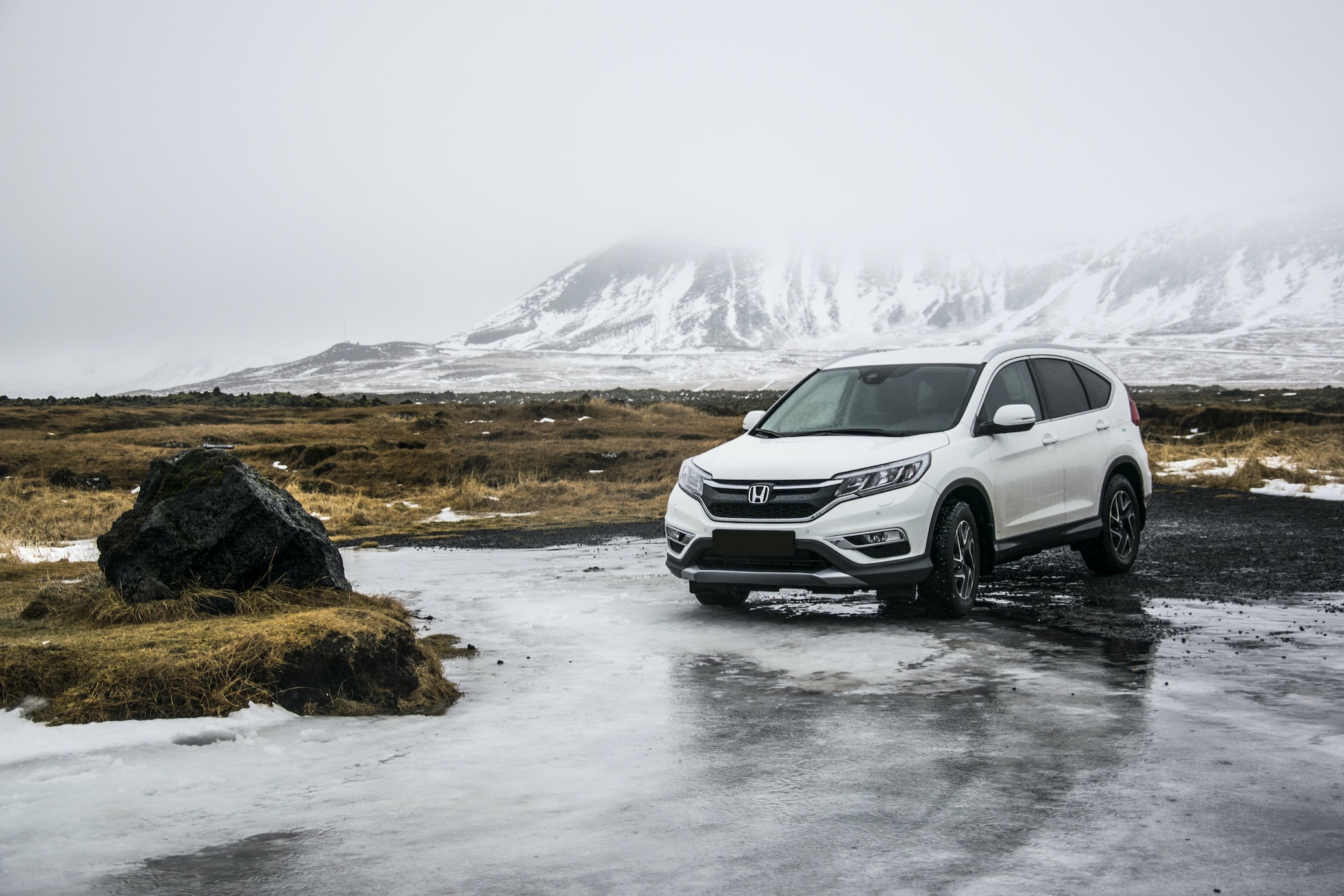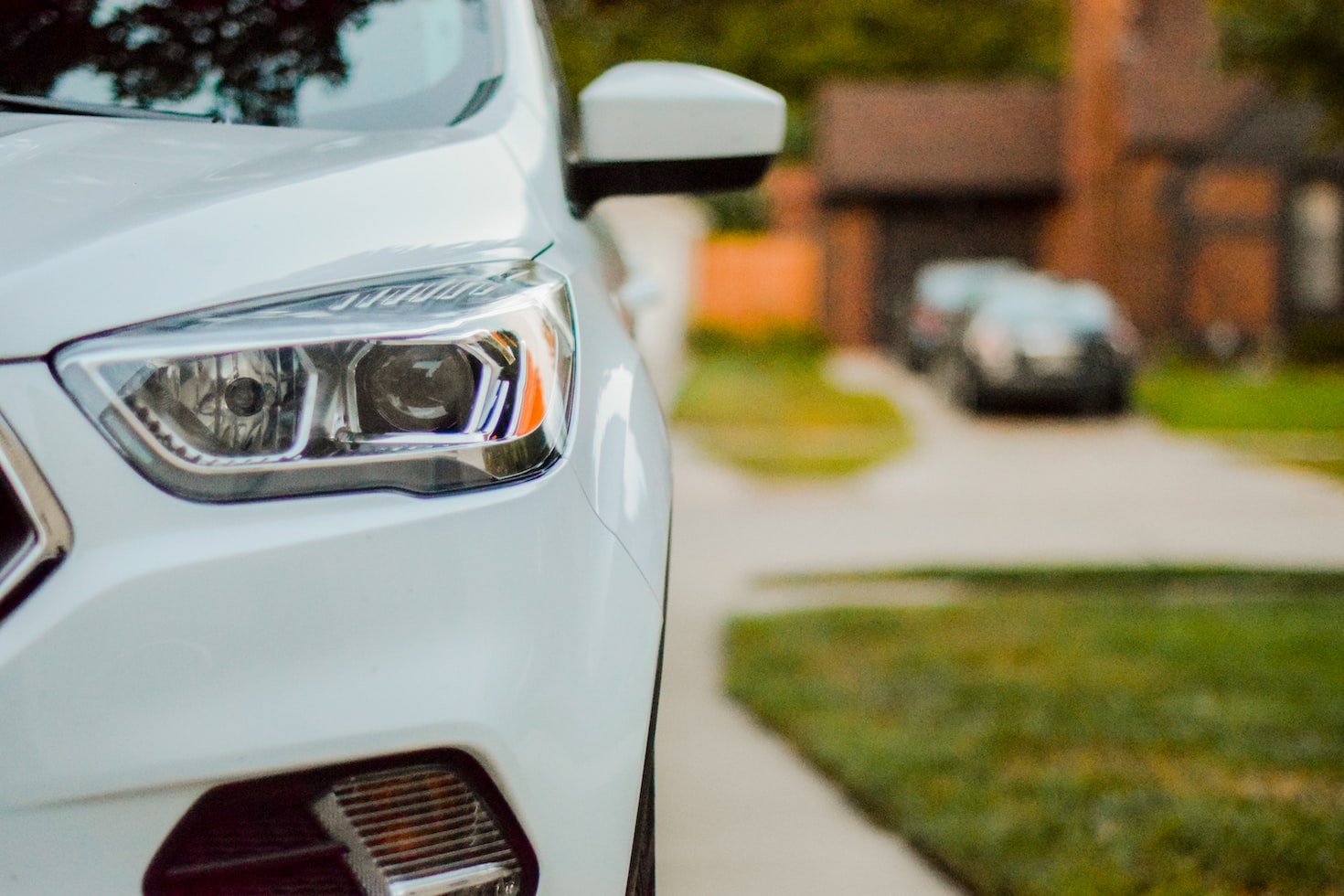Should You Lease A New Or Used Vehicle?
Are you trying to decide whether to lease a new or used vehicle? It's an important decision that requires careful consideration. In this article, we will analyze the factors you should take into account when making this choice. By evaluating your budget, driving habits, and financial situation, as well as comparing lease and loan terms, depreciation, resale value, maintenance costs, and insurance rates, you'll be equipped with the necessary information to make an informed decision based on your individual circumstances.

January 28, 2024
Consider Your Budget and Financial Situation
You should consider your budget and financial situation before deciding whether to lease a new or used vehicle. Budget considerations play a crucial role in determining which option is more suitable for you. When leasing a new car, you may have higher monthly payments due to the higher value of the vehicle. On the other hand, leasing a used car can result in lower monthly payments since the car has already depreciated in value. However, it's important to also think about long term savings. While a used car may initially seem like the more affordable choice, it could potentially require more maintenance and repairs down the line, leading to additional expenses. Therefore, carefully evaluating your budget and weighing both short-term costs and long-term savings is essential when making this decision.
Evaluate Your Driving Habits and Needs
Consider evaluating your driving habits and needs before making a decision. When deciding whether to lease a new or used vehicle, it's crucial to analyze how you use your car and what features are important to you. Start by assessing your daily commute and mileage requirements. If you have a long commute or frequently travel long distances, fuel efficiency should be a key consideration. Look for vehicles with high MPG ratings to minimize your fuel expenses. Additionally, think about the specific features that would enhance your driving experience. Are advanced safety technologies or entertainment systems important to you? By carefully evaluating your driving habits and needs, you can make an informed decision on whether leasing a new or used vehicle will best meet your requirements for both fuel efficiency and desired vehicle features.
Compare Lease and Loan Terms
When comparing lease and loan terms, it's important to understand the differences in financial commitments. Leasing a vehicle allows you to drive a new car without the long-term commitment of ownership. With a lease, you typically have lower monthly payments and are covered by warranty for the duration of the lease term. However, there are limitations on mileage and excessive wear and tear can result in additional charges at the end of the lease.
On the other hand, financing a loan for a new or used vehicle means you will own it once all payments have been made. You have more flexibility with mileage and customization options. However, monthly payments are generally higher compared to leasing.
Factors to consider when deciding between a new or used vehicle include your budget, desired length of ownership, maintenance costs, and depreciation rates. Carefully weigh the pros and cons of each option before making your decision.
Examine Depreciation and Resale Value
Examine how the depreciation and resale value of a car can impact your financial situation. The impact of depreciation on a vehicle's value is significant. On average, new cars depreciate by about 20% in their first year alone. This means that if you buy a brand-new car for $30,000, it could lose $6,000 in value within the first year. Market value fluctuations also play a role in determining the resale value of your car. Factors such as supply and demand, economic conditions, and changes in consumer preferences can all affect the market value of vehicles. It's important to consider these factors when making a decision about whether to lease or buy a new or used vehicle, as they can have long-term financial implications for you.
Assess Maintenance and Repair Costs
Assessing maintenance and repair costs can help you determine the long-term financial impact of owning a car. When considering whether to lease a new or used vehicle, it is crucial to estimate long term expenses and factor in vehicle age. Data shows that as a car gets older, its maintenance and repair costs tend to increase. This is due to wear and tear on various components such as the engine, transmission, and suspension. A study conducted by Consumer Reports found that the average annual maintenance cost for vehicles over three years old is $652, compared to $439 for newer vehicles. Additionally, older cars are more likely to experience major mechanical issues that can lead to expensive repairs. By considering these factors, you can make an informed decision about leasing a new or used vehicle based on their potential long-term maintenance and repair costs.
Research Insurance Rates
To get the best insurance rates, it's important to research different providers and compare their coverage options. Insurance coverage plays a crucial role in protecting you and your vehicle from unexpected expenses. When researching insurance rates, it is essential to consider factors such as your driving record, location, and vehicle type. Insurance companies often offer various premium rates based on these factors. By comparing different providers, you can find the most competitive rates that suit your needs. Additionally, reviewing coverage options is vital to ensure you have the appropriate level of protection for your vehicle. Some providers may offer additional benefits like roadside assistance or rental car reimbursement, which can be valuable in case of an accident or breakdown. Take the time to explore your options and make an informed decision about insurance coverage to secure the best rate possible.
Make a Decision Based on Your Individual Circumstances
Now that you have thoroughly researched insurance rates for both new and used vehicles, it is time to make a decision based on your individual circumstances. Evaluating your lifestyle and future plans is crucial in determining whether leasing a new or used vehicle aligns with your long-term goals.
Consider the long-term costs and benefits of each option. Leasing a new vehicle may provide you with the latest technology, lower maintenance costs, and predictable monthly payments. However, keep in mind that you will not own the vehicle at the end of the lease term.
On the other hand, purchasing a used vehicle allows you to build equity and eventually own an asset. While upfront costs may be lower than leasing a new vehicle, maintenance expenses could increase over time.
Carefully weigh these factors against your personal preferences and financial situation to make an informed decision that suits your needs best.
Navigating the Roads of Choice
Embarking on the journey of acquiring a vehicle comes with the crucial decision of choosing between a new or used model.
Whether you're enticed by the allure of the latest model or the budget-friendly appeal of a used gem, CarGuy NY is your compass in the world of automotive decisions. Let us navigate the terrain together and find the perfect vehicle solution for your journey ahead.



